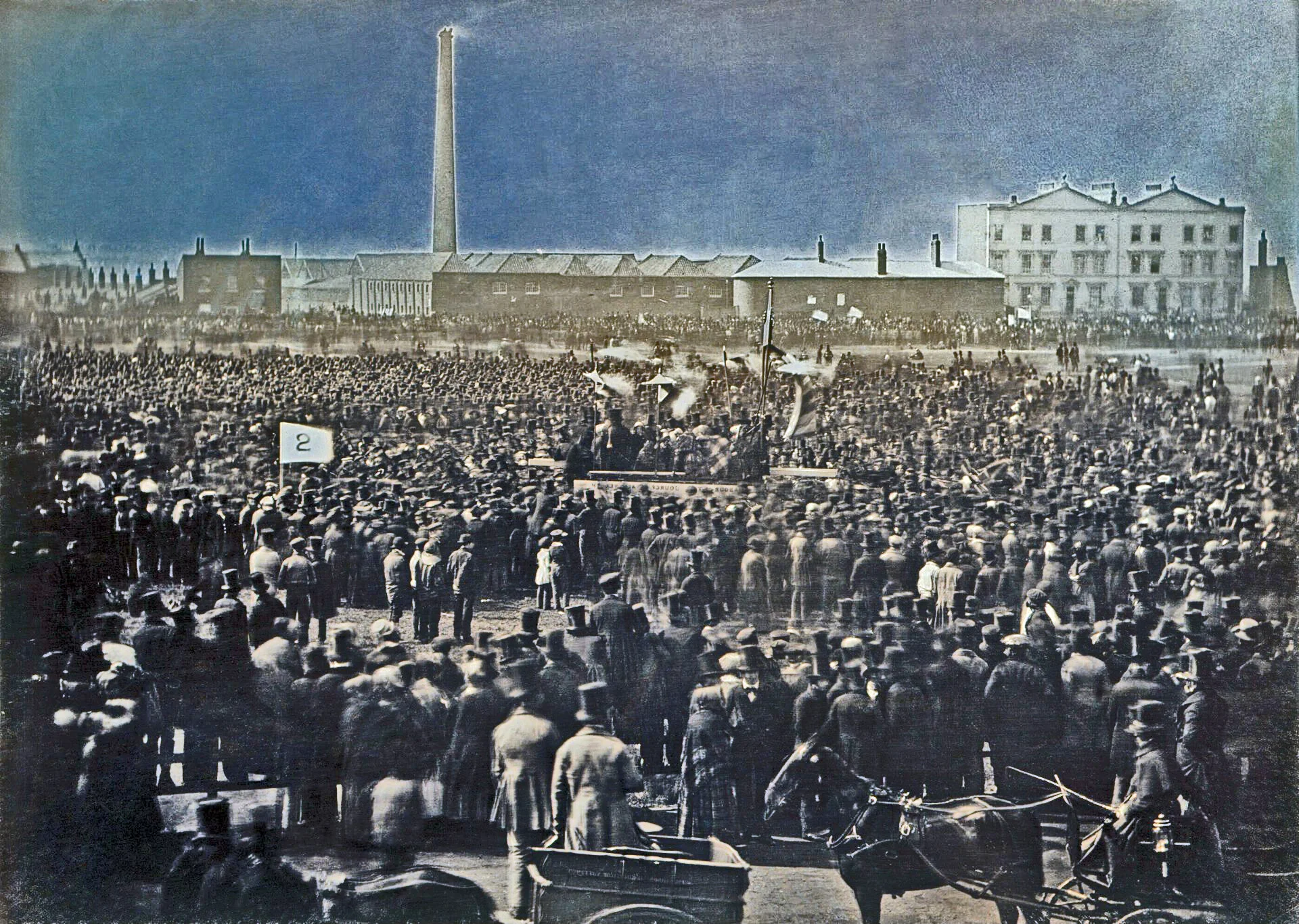We were very pleased last week to welcome Chartist Magazine into the Make Votes Matter Alliance.
Chartist have been working very closely with us for a while now as part of Labour for a New Democracy (L4ND). As you may have guessed, they have a history of supporting reform and championing democracy in Britain, with their name a tribute to the Chartist movement that sprung up in London and Wales in 1836, and quickly spread to other parts of Britain over the following decades.
The original Chartists organised around a ‘People’s Charter’ (hence the name), which was launched in Glasgow in 1838 in front of a crowd of 150,000. Many of their demands are things that we now take completely for granted, such as universal suffrage (when the charter was published, only 18% of the adult male population could vote, and no women at all). The Chartists also asked for:
a secret ballot, so that your employer or landlord couldn’t pressure you to vote a certain way,
payment for MPs, so it wasn’t only those with cash to spare who could afford to sit in the Commons
removal of the need to own property to stand in an election.
The Chartist demonstration on Kennington Common, 1848
Their fifth demand was for annual elections to Parliament, which would have made it easier to get rid of poor governments. At the time, there was no obligation for a Prime Minister to call an election and he could remain as long as his government commanded a majority of support in the House. Whilst I don’t think anyone would now wish for an annual general election, it’s fair to say that democracy in this country has come a long way since the 1830s.
Unfortunately, it seems the final demand that the Chartists made, nearly 200 years ago, still hasn’t been achieved. This demand could now be closer than ever, which is why it seems prescient that it is now that Chartist Magazine has joined our Alliance. The original Chartists believed in ‘equal representation of the people.’ They didn’t think that certain constituencies being able to hold greater influence than others was fair; the industrial North, for example, had far fewer MPs than the rural counties despite having a much larger population.
Sadly, in 2021, we are still in a position where the effect your vote has on an election depends on where you live. Elections are largely decided on the outcomes of votes in a small number of marginal constituencies, which is where campaigners focus their resources and, in some cases, where governments focus their funding, in anticipation of the next election. For the rest of us, we’re lucky to see anything of our elected representatives at all, even during an election, for the simple reason that our votes won’t make a difference either way. This inequality is highlighted by the absurd statistic that if just 533 people had voted differently in 2017, it would have given us a majority government instead of a hung parliament.
Thankfully, we now have a real chance to change this, with nearly 140 motions on PR being sent to the Labour Party Conference - that’s more in support of a single issue than any in recent conference history. Chartist Magazine has published this excellent article, written by the L4ND team, summing up the arguments in favour of Labour adopting PR. Excitingly, they have also published this endorsement for equal votes from Greater Manchester Mayor, Andy Burnham. You can read more of Chartist’s work on democratic reform here, as well as browsing back issues. Chartist are a very important part of the Alliance and we look forward to working more with them into the future.

